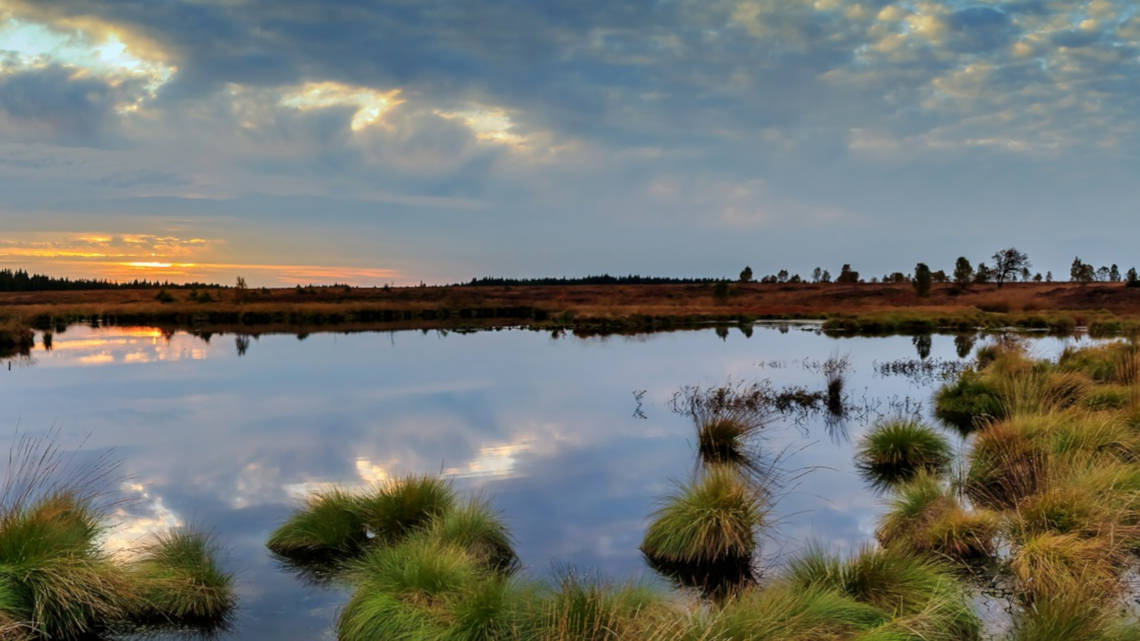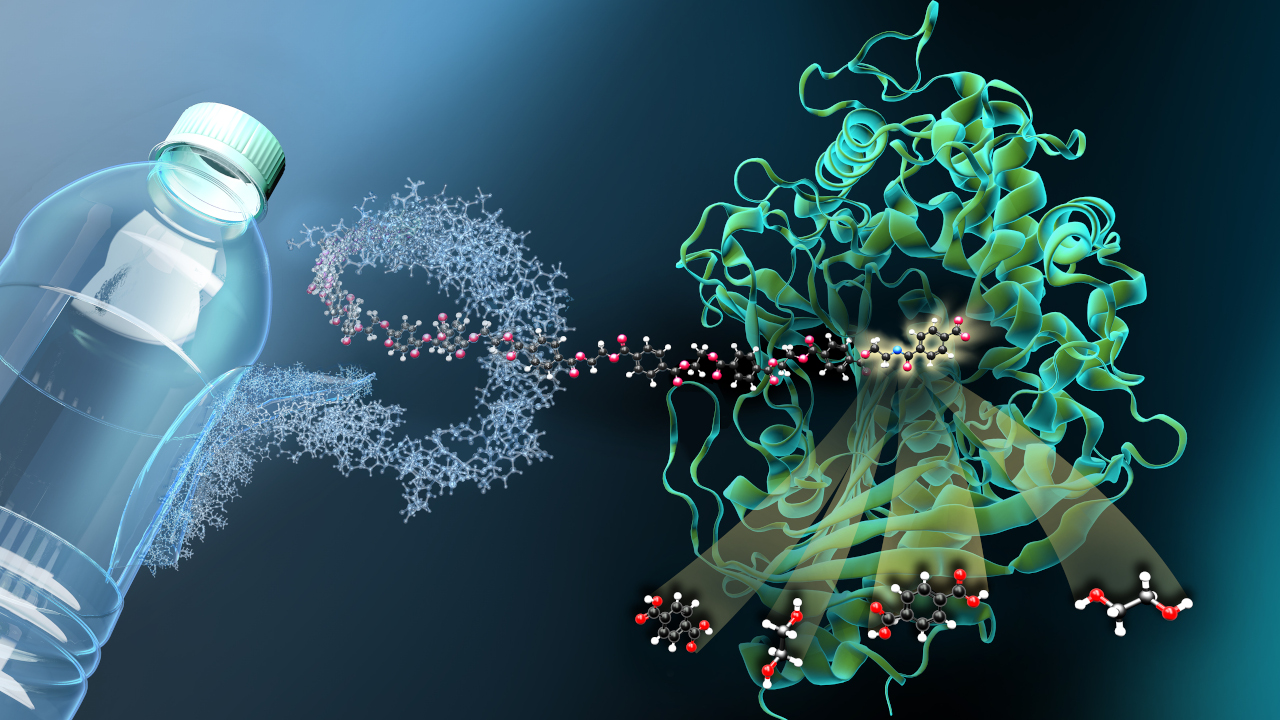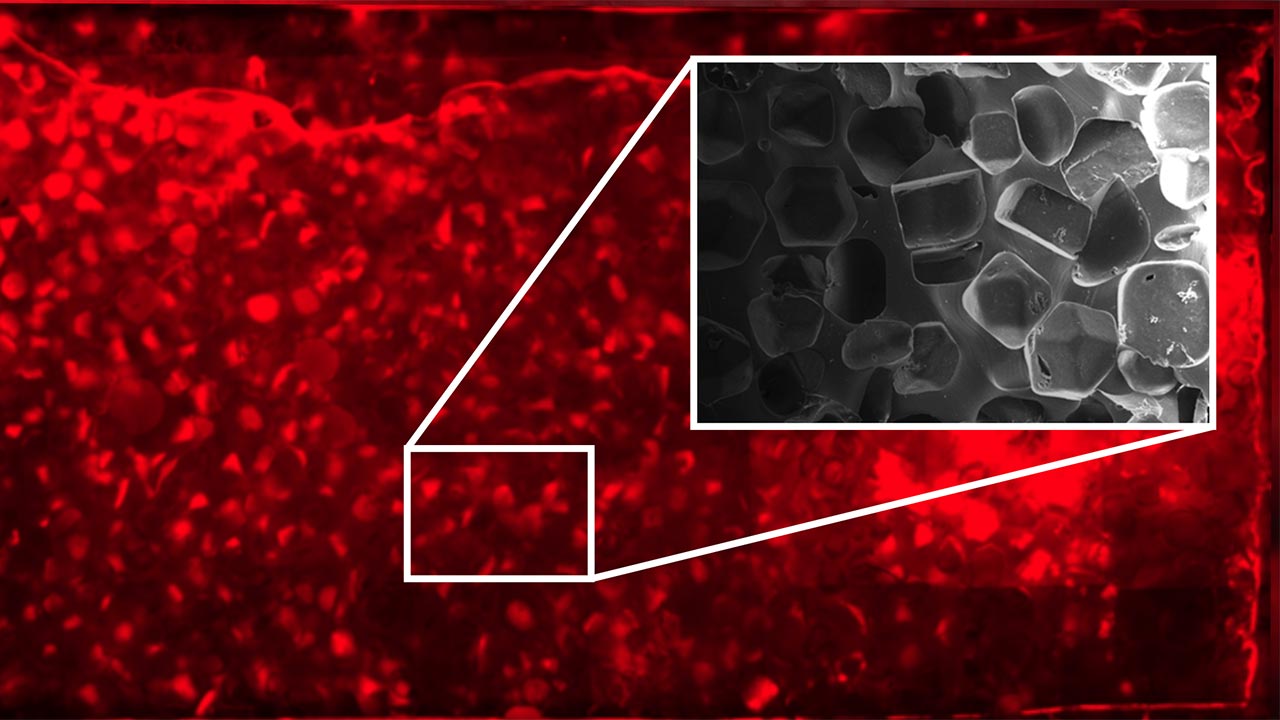Bog bacteria curb methane emission
A rare bacterial species competes with methane-forming archaea and thus slows down global warming, a study by researchers from Braunschweig and Vienna shows.

Bogs have a reputation for emitting methane and thus warming the climate. Methane is mainly formed by a particularly old group of microorganisms, the archaea. Eight years ago, however, Dutch researchers reported that the moors contribute less to climate change than previously feared: Certain bacteria directly recycle methane and process it into metabolic products, which mosses then absorb and incorporate into their biomass. Scientists from the German Collection of Microorganisms and Cell Cultures in Braunschweig and the University of Vienna have now discovered another bacterial species that reduces methane emissions from moors.
Competition for nutrients
The rare bacterial species Candidatus Desulfosporosinus infrequens converts sulfate to sulfide in order to generate energy. It competes with the methane-forming archaea for the same nutrients. In this way, the bacteria reduce the activity and reproduction of the archaea, which would otherwise produce even more methane.
Clear effect despite small number
In the scientific journal "mBio" the microbiologists report on further investigations of the bacterial genome and transcriptome. In addition, they were able to demonstrate that the rare bacteria, despite their small number, actually restrict methane formation in bogs. The researchers also found a possible explanation for the fact that the bacteria remain so rare: In order to cope with the acid pH conditions in moors, the microorganisms have to expend a lot of energy on their own maintenance and can invest less energy in growth. In 50 days of observation, the microbiologists measured practically no increase in cell density. According to the study, even rare bacterial species with zero growth can have important ecological effects if, as in this case, they have a very active metabolism.
bl/um


